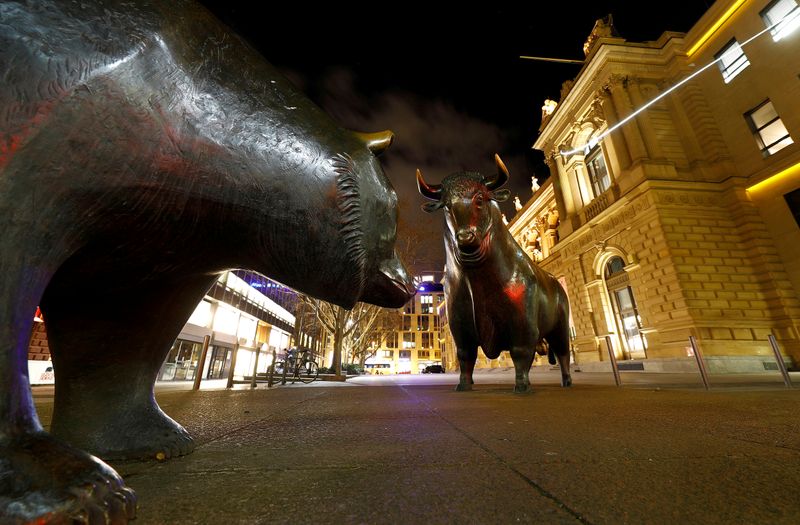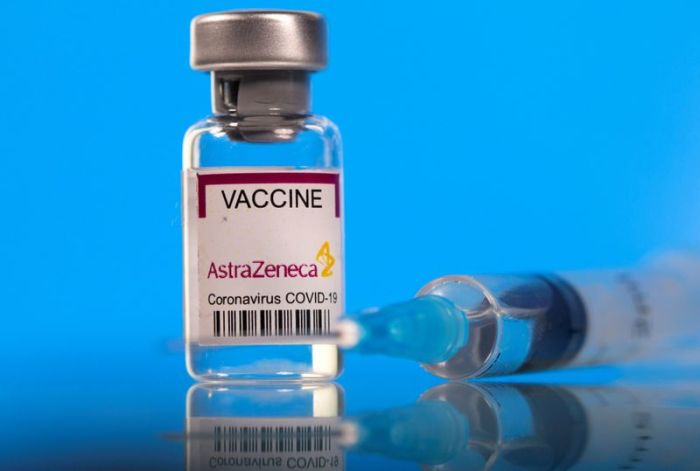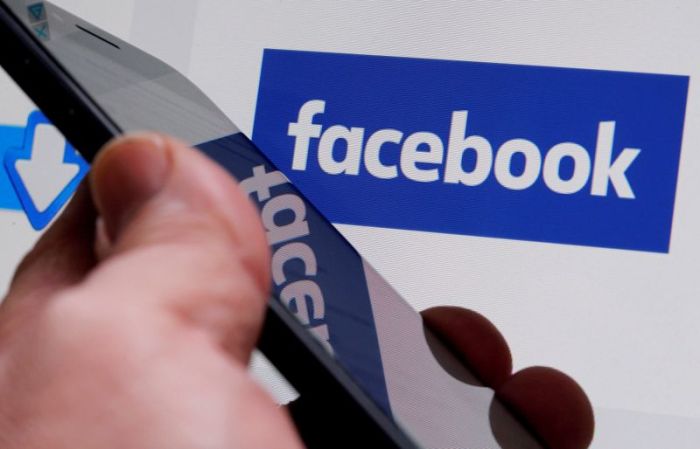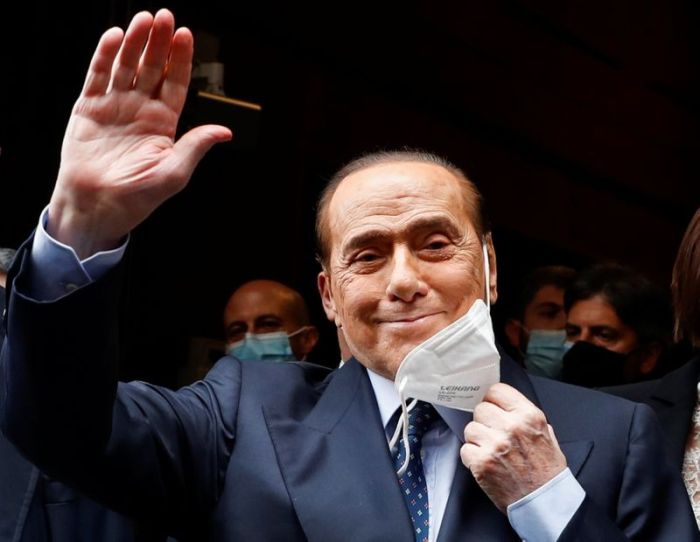(Reuters) – Wall Street’s appetite for new special purpose acquisition companies (SPACs) shows signs of waning.
First-day trading pops, or share price rises, for SPACs were commonplace earlier this year with gains rising to over 30% but have faded in March amid a broader selloff in many companies that have agreed to go public through a SPAC merger.
All but one of the 15 SPACs that started trading this week closed below their initial public offering (IPO) price of $10 per unit on their first day of trading, according to financial markets platform Dealogic and market data. Many other deals are also trading below their IPO prices.
SPACs are shell companies with no operating business and that raise money with the purpose of merging with an operating company to take public.
SPAC stocks have traditionally traded close to their $10 IPO price until they announce a merger. However, exuberance over the last few months resulted in many being bid up on speculation that the SPAC would ultimately merge with a company that would be well-received by the market.
So far this month, the biggest first-day pop has been a 3.5% gain for Supernova Partners Acquisition Co II Ltd on March 1, compared with a January high of 32.5% for Altimeter Growth Corp 2 and a February high of 24.9% for CM Life Sciences II Inc.
The decline in enthusiasm has set in a week after news that SPACs had surpassed the $83.4 billion through IPOs the sector raised in all of 2020, which had been a record year.
Some 294 SPACs have raised $95.7 billion so far this year, with a further 229 seeking a little over $58 billion in the pre-IPO stage, according to information provider SPAC Research.
“We’re seeing so many SPACs. There’s a finite amount of capital at the IPO level that is available for SPACs and there’s not an endless pool of capital,” said Harris Arch, SPAC Portfolio Manager at asset management firm DuPont Capital.
The rocky performance of new deals has the potential to slow the pace of new IPOs given that investors can buy existing SPACs below $10 instead of purchasing new SPACs at a $10 price.
Investors have also voiced concerns over the market reaction to SPACs when they announce merger targets. The likes of Thoma Bravo Advantage and Jaws Spitfire Acquisition Corp have seen their shares fall after confirming merger targets.
“The market has sold off tech, a lot of the SPACs are tech-focused. People are also beginning to question the euphoria and retail investors are unable to keep up with all these names,” said Barry Sternlicht, chairman of Starwood Capital Group and of Jaws Spitfire.
This is in stark contrast to double-digit gains on many announcements only weeks ago.
“The frenzy and the exuberance and greed we saw a couple months ago have quickly left the market,” Arch said. (This story refiles to add dropped word in final sentence)
(Reporting by Joshua Franklin in Boston and Krystal Hu in New York; Editing by Barbara Lewis and Matthew Lewis)
























